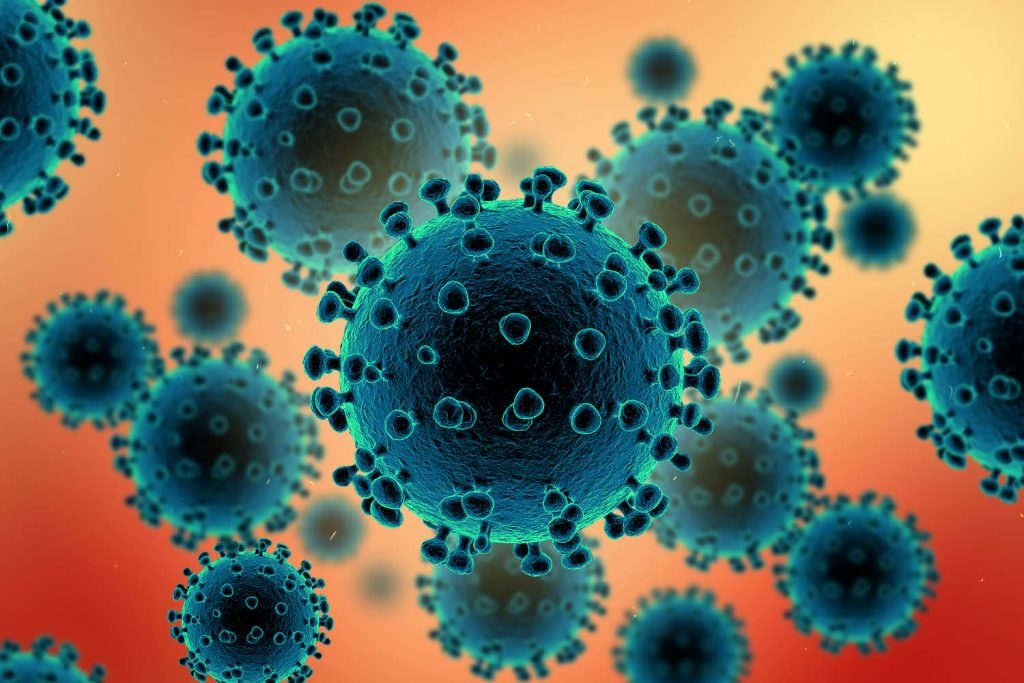IN OTHER LANGUAGES

The respiratory system is the principal route of entry of APEC (Avian Pathogenic Escherichia Coli), one of the main agents causing colibacillosis in birds.
In a previous article, we explained that colibacillosis is an opportunistic disease: it occurs when animals are weakened by a previous infection, poor nutrition, toxins, or stress.
It is well-known that viral infections predispose for subsequent bacterial infections in both humans and animals. It has been proven that diseases such as Infectious bronchitis, Avian rhinotracheitis-swollen head syndrome, Newcastle disease, Infectious laryngotracheitis, and Avian Influenza, facilitate the onset of both respiratory and systemic colibacillosis, therefore maintaining respiratory health is key in the prevention of this pathology.
After a viral infection, the weakening of the respiratory system takes place through two main mechanisms:
Much of the respiratory epithelium is lined with tiny hair-like structures, called cilia, that move continuously in the direction of the beak and carry mucus, microbes, foreign particles and debris up and out of the airways.
If cilia become paralyzed or are lost, mucus cannot be cleared, and entrapped pathogens, in example APEC, may start an infection.
Viruses induce damage to the epithelial respiratory tissue in three possible ways:
Viral infections alter the innate immune response, in example production of free radicals, phagocytosis, and pathogen killing.
For instance, certain pro-inflammatory pathways that play a key role in the anti-viral defense, hamper the anti-bacterial response, and are associated with increased risks of secondary bacterial infections.
On another hand, type I interferons released from virus-infected cells impair macrophage activity. Macrophages play a key role in the early defense against bacteria.
Essential oils fight the onset of colibacillosis thanks to three mechanisms of action:
Protection of cilia and ciliary function
Certain essential oils prevent damages to the respiratory epithelium and reduce the loss of cilia during viral infections. Other essential oils increase the ciliary beat frequency up to 20%, improving the physiological cleaning up of the respiratory airways.
Elimination of mucus
Some essential oils reduce the viscosity of the mucus, facilitating its elimination, and cutting down the risk of secondary infections.
Antibacterial activity
Some essential oils arrive to the respiratory tract after being ingested or inhaled, and exert antibacterial effects, reducing the count of APEC and other pathogens.
PlusBreathe© contains essential oils with natural antiseptic, antioxidant, expectorant and mucolytic activity. It has a refreshing taste.
It is indicated to improve the functioning of the respiratory system and to mitigate heat stress in birds, ruminants, pigs and rabbits of all ages. It can also be nebulized in the farm environment.

Certain health statements may not be applicable in your region.